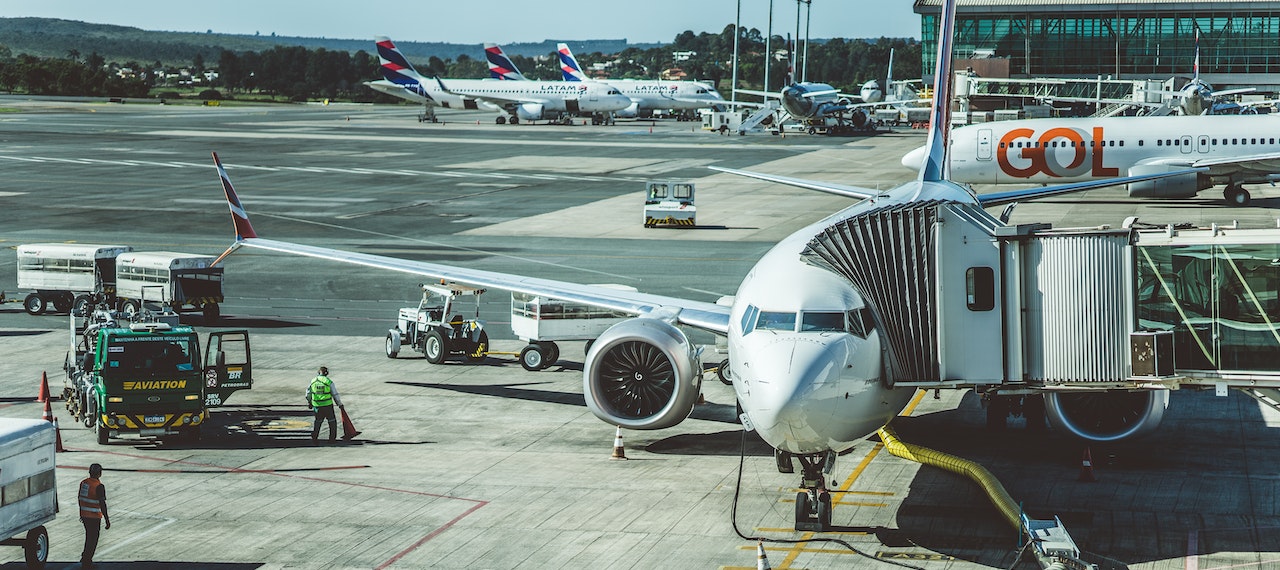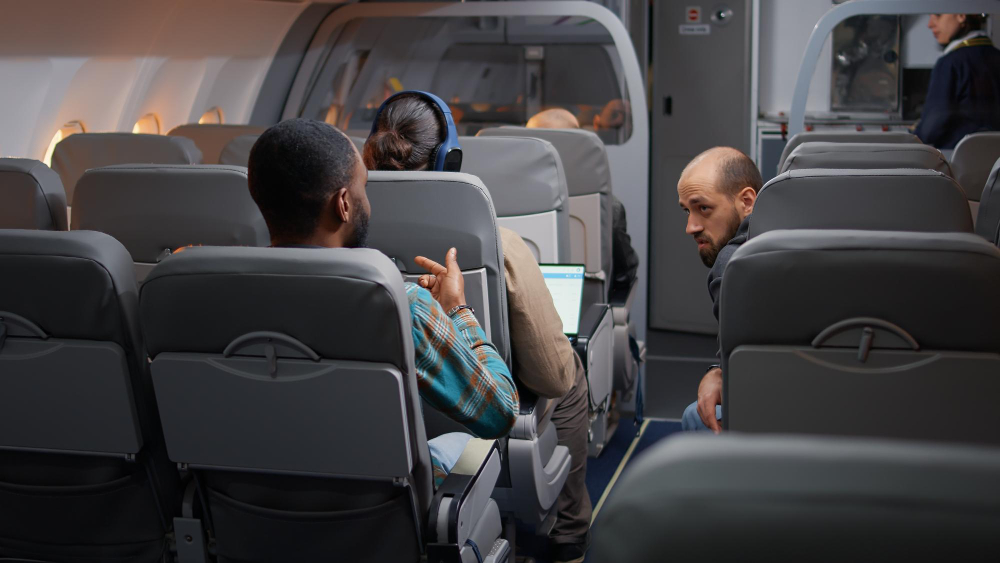In the world of travel and transportation, few things are as complex and intricate as the logistics within an airport. Each day, thousands of flights and airlines coordinate a global symphony, ensuring passengers, luggage, and cargo get from one point to another. In this blog post, we will uncover the hidden world of airport logistics, an essential component of the aviation industry that often goes unnoticed by travelers.
The Dance of Air Traffic Control
The first thing that likely comes to mind when you think about airport logistics is air traffic control. The primary role of air traffic control is to ensure the safety and efficient movement of flights in the sky and on the ground. They have to expertly manage aircraft departures, landings, and taxiing, preventing collisions and ensuring smooth traffic flow.
Ground Operations and Turnaround Time
An equally important part of airport logistics lies in ground operations. These operations are pivotal to maintaining the schedule of flights and airlines. Upon arrival, a ballet of activities unfolds around the aircraft—unloading and loading of luggage, refueling, cabin cleaning, catering services, and boarding new passengers.
This process, known as aircraft turnaround time, is crucial to maintaining the airlines' schedules. Airlines strive to minimize this time without compromising safety or customer service, as efficiency here can significantly influence an airline's profitability.
Baggage Handling: A Maze Underground
To most travelers, checking in luggage is a simple process. However, once your suitcase disappears on the conveyor belt, it enters an intricate world of airport logistics. A sophisticated network of conveyor belts and automated machines sorts and directs luggage to the correct flights. Airlines and airports invest heavily in baggage handling systems, knowing that mishandled luggage can lead to dissatisfied customers and additional costs.
The Role of Logistics in Cargo Transportation
Airports also play a crucial role in global commerce. Behind the scenes, logistics teams work tirelessly to load and unload cargo, coordinate flights, and ensure timely delivery. As e-commerce continues to grow, so does the demand for efficient cargo transport, making the role of airport logistics in cargo transportation more critical than ever.
Human Factor in Airport Logistics
Behind all the technology and systems are the dedicated professionals who keep everything running smoothly. They range from the air traffic controllers managing the flow of flights, to the ground crew working on the tarmac in all weather conditions, to the logistics experts coordinating the movement of cargo. These individuals are the unsung heroes of airlines, ensuring every aspect of airport logistics is executed correctly.
The Impact of Technology on Airport Logistics
In recent years, technological advancements have had a transformative impact on airport logistics. From digital solutions for passenger flow management to machine learning algorithms for predicting maintenance issues in baggage handling systems, technology is helping airports and airlines improve their operations' efficiency and effectiveness.
Airport logistics is a hidden world that plays a pivotal role in our global transportation network. Whether it's managing the dance of aircraft in the sky, ensuring a quick aircraft turnaround time, orchestrating the journey of your suitcase, or facilitating global commerce, the role of airport logistics is vast and critical. Next time you take a flights, you'll know a little more about the complex operations that enable you to travel across the globe.

.png)
.jpg)




.jpg)
